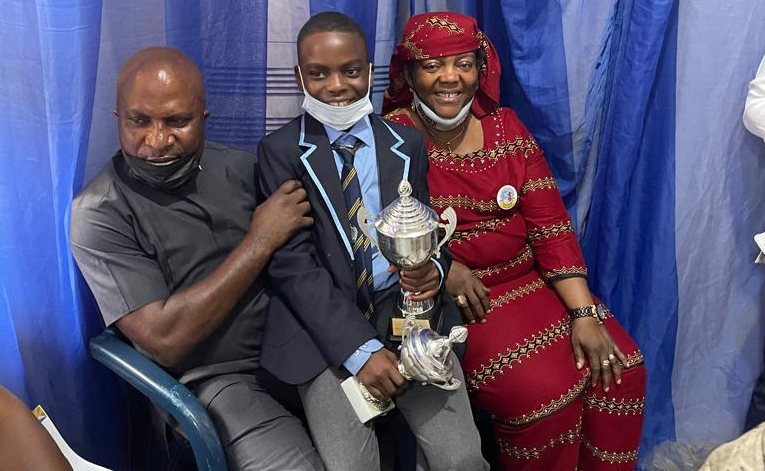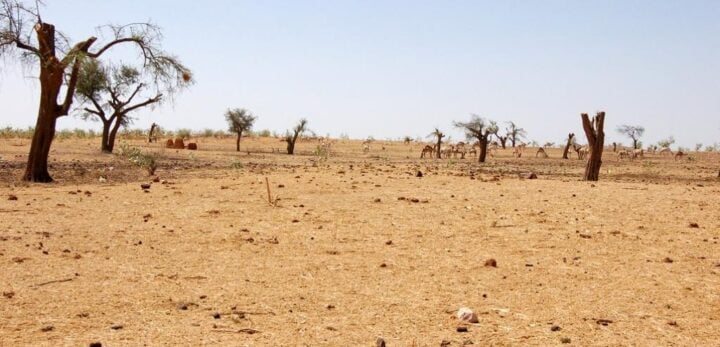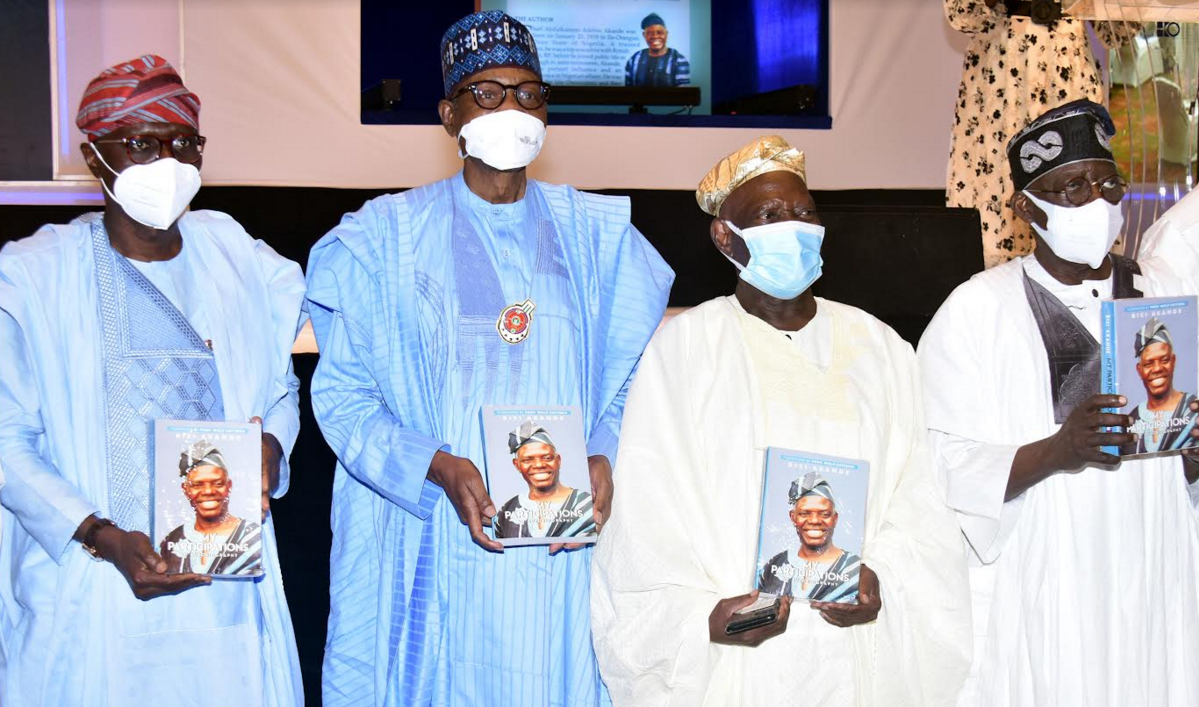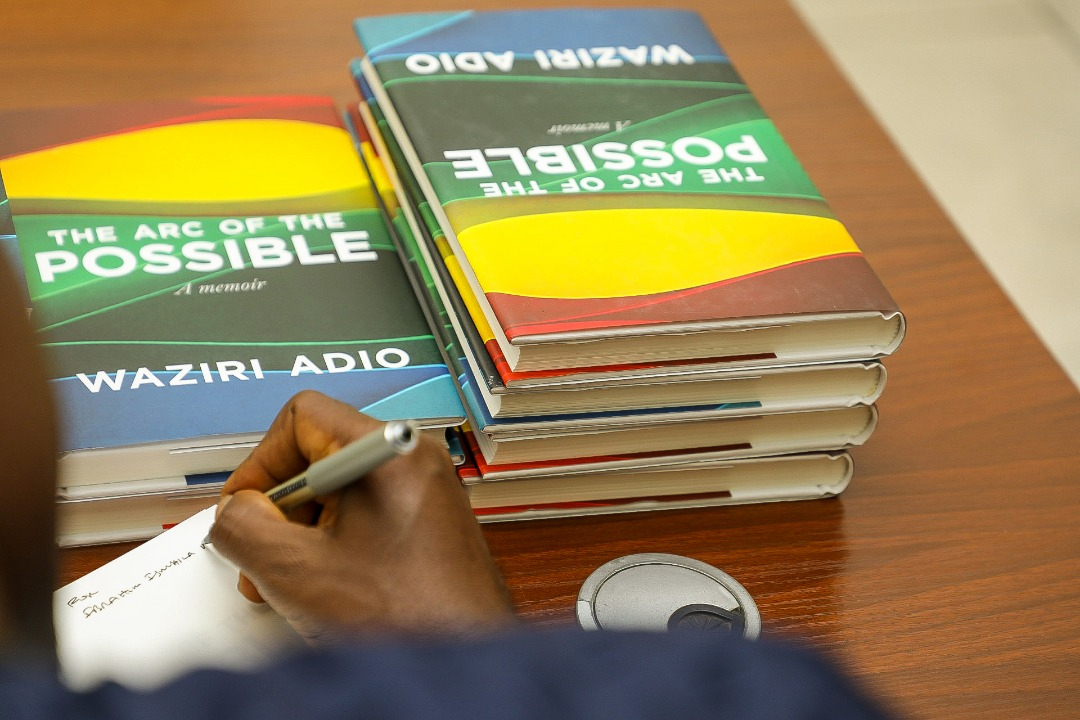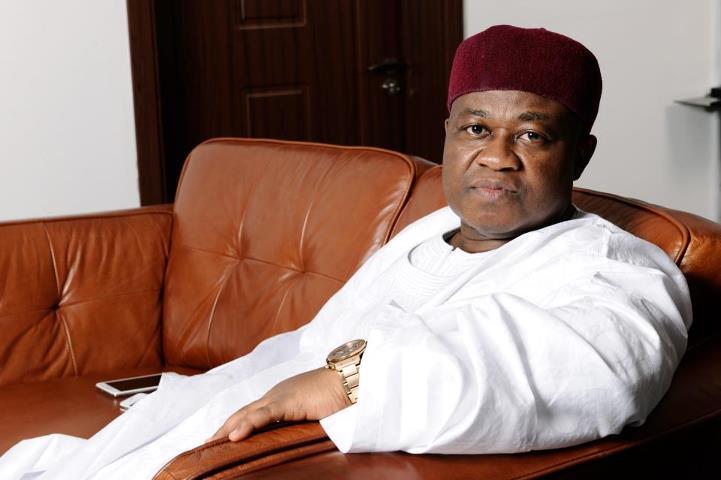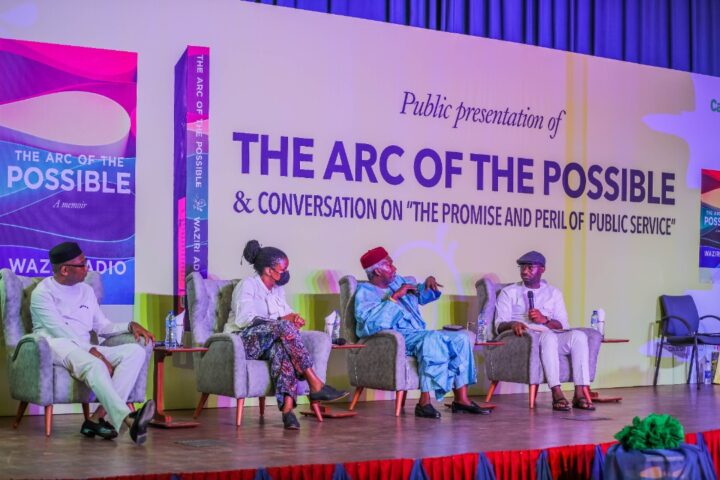Every time I hear people express optimism about the future of Nigeria, I wonder what fuels their confidence. Forgive my scepticism, but Nigerians must realise that countries do not become global factors by mere prayers and wishes. That reality is the aptest explication of the axiom “if wishes were horses, beggars would ride.” There is nothing like praying or wishing a country into a good future without strategic investment. If you sow the wind, you can only reap the whirlwind.
To be sure, prayers do inspire revivals in the lives of people, but none of those comes without citizens collectively rolling up their sleeves and getting on to the hard, tedious work of nation-building. Evidence of that abounds even in contemporary history, and as far as the Holy Book is concerned, faith, without works, is as dead as the limbs of the man by the pool of Bethsaida. Even that near-40-year-old man had to activate the instruction: “rise, take up your bed, and walk” in the process of receiving his healing from the Saviour. Nigerian leaders are doing nothing to secure the future for which they are building so much hope; they only talk. Alright, maybe that is not entirely fair. It would be more appropriate to suggest that Nigerian leaders are confused about what constitutes the most important determinant of the future of the country.
For instance, members of the current national government will regale you with tales about kilometres of roads built, railway stations already commissioned and, possibly, the number of low-income families that have received some unverifiable conditional cash transfers. At the state and local government levels, the stories will be about rehabilitated roads, culverts built, and, in some instances, the number of classrooms built or renovated. You will seldom hear positive stories about uptake in the enrolment and completion of schools and the rounded welfare of children, the very pillars for the future with which they romanticise.
Nigeria currently has at least 14 million out-of-school children, but very few Nigerian leaders pay attention to this time bomb. Not even the harvest of violence rained on every part of the country by hungry, angry, and untrained youth and children seem enough for governments to consider an urgent rethink of priorities. The inability of our leaders to establish a nexus between the decades-long neglect of education and loss of innocence in Nigeria is the main encumbrance of a rosy future for the country. That is the disheartening reality with which we must promptly reconcile.
Advertisement
The situation with education is so bad that many of those who go to school do not learn anything substantial and are, in many instances, unsafe within the confines of these schools.
Here, the sad loss of 12-year-old Sylvester Oromoni Jr., a student of Dowen College in Lekki, Lagos State, comes to mind. By the design of educational calendars, children spend so much time in school that these facilities should be warm and conducive for them. Without these conditions, it would take some measure of genius for any transformational learning to occur. And this is the situation we have in most of our schools in Nigeria. In the young Oromoni’s case, the school claims he sustained football injuries. Assuming without conceding that this is what happened, the question to ask the school is: “were the young lads allowed to play this game unsupervised?” If this was what happened, then the school would have failed in its duty of care and become complicit in the boy’s subsequent death. Suppose the school supervised the alleged football game. In that case, the question will be: “Why did the caregiver who watched over wait until it was so late before drawing attention to Sylvester Oromoni’s injury?”
The boy, however, told a different and, incidentally, more believable story before his death. From that story, which indicated that five senior boys walked into his room, tortured him, and forced him to take a substance, comes a series of questions that lead to the fact that this school does not have adequate provision for the protection of its pupils. How is it possible that senior pupils stray into a junior’s room and perpetuate that violent act without a housemaster or caregiver noticing?
Advertisement
When did a secondary school become a place where young teenagers can take laws into their hands without check and consequences? How then do such institutions differ from motor parks where impunity reigns? A school, which is an essential leg in children’s development, is expected to anticipate children’s every need and prepare to meet those needs. Educators should also foresee things that might threaten the welfare of children and prepare themselves and their facility in the position to forestall such threats. What you have with many schools in Nigeria is the opposite of what things should be; proprietors of schools are more interested in the profit than the welfare of the children in their custody.
And that brings up the responsibility of governments and how much they fulfil the same. The government establishes public schools that provide education for children and regulate private schools. But you find that governments fail on both fronts at most times. Due to compromises and examples taken from the government’s failure to maintain the required standards in publicly owned schools, many private schools would do anything for money, with regulators looking the other way. So, if a society allows capitalists (whose motive is only profit) to set up and run schools, society will run into trouble. Yet letting pecuniary interests trump altruistic considerations is not unusual even to the best of mortals; the best of men sometimes get weary and tempted into cutting corners. Therefore, the government as a superintending force must always remain vigilant and ensure that the child’s interests (which ultimately impact society’s future) remain uncompromised.
That is not to speak of the random abduction of children from schools over the past decade. For the fifth month running, four students at Bethel Baptist Secondary School in Kaduna State remain in the custody of bandits. Nigeria has given up on Chibok, Dapchi and several other young people kidnapped in the past. On Tuesday, some students returning from school were run over and killed by a truck driver. A few days before that, eight children were found dead in a vehicle in the Badagry area of Lagos, and then another child, Demilade, was allegedly found dismembered in the Ado-Ekiti home of a pastor. There is just no end to the violence against children in Nigeria. Yet, leaders pontificate over a utopian future for which they are not preparing the would-be leaders of that future.
There is also the question of the examples children take from their parents, who are the most effective mirrors they see. Nigeria is a country where the average adult is edgy, greedy, and uncaring. Here is a society where violence has become the order of the day, where governance is literally deceit and wealth by any means possible is the fad. When parents behave like might is right, how do they expect their children to respect the rights of others?
Advertisement
When events like the Oromoni and Karen-Happuch Akpagher – the late 14-year-old pupil of Premiere Academy, Lugbe, Abuja, believed to have been sexually abused – occur, the government and its citizens rise in outrage and suddenly go into overdrive, threatening fire and brimstone. Give us all a few days and we are back to business as usual, treating our children like they wrote us applications to be born. The irony of it all is how much Nigerians love to make children they do not plan to nurture. Data from the United Nations Children Education Fund says about seven million children are born in Nigeria, with 83 million people living below the poverty thresholds yearly. Isn’t that deliberately sentencing the country into hopelessness?
Governments should, however, wake up to their responsibility, just as parents must take keener interests in the welfare of their children. Government, parents, schools, and places of worship need to work together toward an overarching child protection system, which spells out definite roles that are understood by everyone involved in giving care to children, saves us from the tentative responses that we are prone to and puts every Nigerian child in a place of care and nurture. It is the only sure way to any future for this country.
Views expressed by contributors are strictly personal and not of TheCable.
Add a comment

